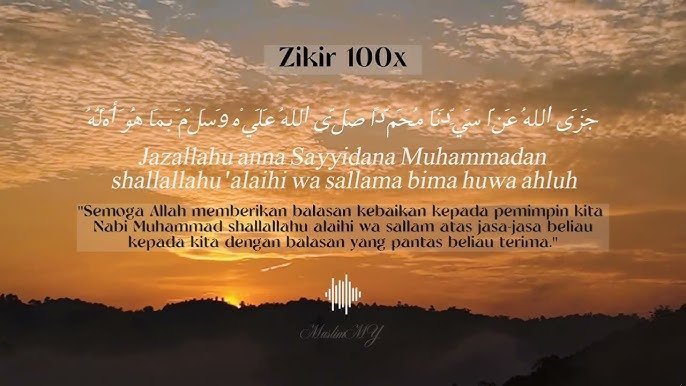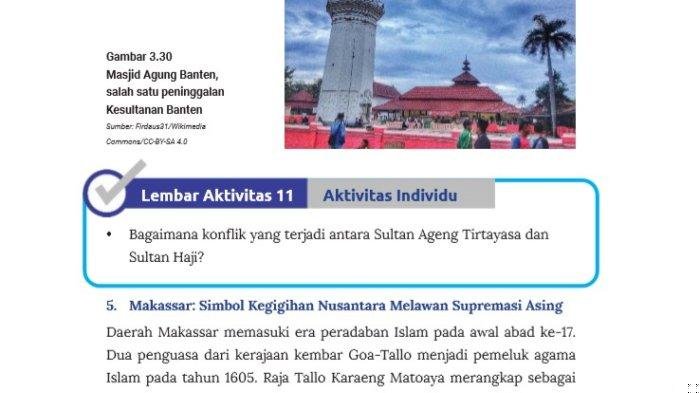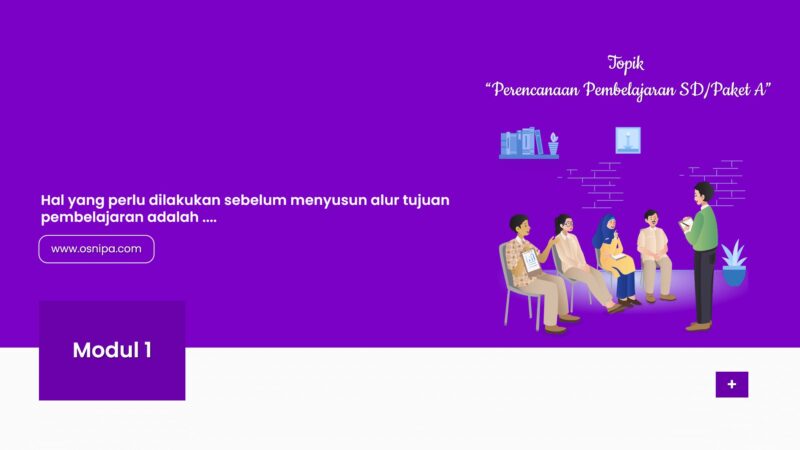Jazallahu ‘Anna Sayyidana Muhammadan Shallallahu ‘Alaihi Wa Sallama Bima Huwa Ahluh: A Deep Reflection

In every corner of the Islamic world, the phrase “jazallahu ‘anna sayyidana muhammadan shallallahu ‘alaihi wa sallama bima huwa ahluh” resonates deeply. It signifies immense gratitude toward the Prophet Muhammad (peace be upon him) for his unparalleled guidance and mercy. This expression invites reflection on the legacy he left behind and how we can embody his teachings in our daily lives.
By embracing this sentiment, we acknowledge our responsibility to follow his example and spread the message of peace and compassion he championed. As we explore this profound phrase, let us delve into the essence of honoring the Prophet and the transformative power of gratitude in our faith.
Understanding ‘Jazallahu ‘Anna Sayyidana Muhammadan Shallallahu ‘Alaihi Wa Sallama Bima Huwa Ahluh’
The phrase “Jazallahu ‘anna Sayyidana Muhammadan Shallallahu ‘Alaihi Wa Sallama Bima Huwa Ahluh” carries profound meaning in the Islamic tradition. It translates to “May Allah reward our Master Muhammad, peace be upon him, according to what he deserves.” This saying honors the Prophet Muhammad (PBH) and recognizes his significant contributions to Islam and humanity. In this blog, we will explore different aspects of this phrase and its relevance, significance, and its place in our daily lives.
The Context and Origins of the Phrase
To truly appreciate this saying, understanding its context and origins is vital. The expression reflects a fundamental belief in the merits and virtues of the Prophet Muhammad (PBH).
– **Historical Background**: The phrase has roots in early Islamic traditions and is often cited during discussions or gatherings that focus on the Prophet’s life and teachings.
– **Religious Significance**: Islam places immense importance on the honor and respect owed to the Prophet Muhammad (PBH). The phrase is a form of prayer, asking Allah to reward him for his immense contributions.
The Life and Teachings of the Prophet Muhammad
To comprehend the depth of “jazallahu ‘anna sayyidana muhammadan shallallahu ‘alaihi wa sallama bima huwa ahluh,” one must examine the life of the Prophet Muhammad (PBH). His life story is a testament to his character, leadership, and the moral principles he established.
– **Early Life**: Muhammad (PBH) was born in Makkah in 570 CE. He came from the respected tribe of Quraysh and was known for his integrity and honesty, earning him the nickname Al-Amin, or “the trustworthy.”
– **The Prophethood**: At the age of 40, Muhammad (PBH) received his first revelation from Allah through the Angel Gabriel. This marked the beginning of his mission to spread the message of Islam, emphasizing monotheism, morality, and justice.
– **Moral and Ethical Teachings**: Throughout his life, the Prophet emphasized kindness, patience, compassion, and forgiveness. His teachings are captured in the Hadith and the Sunnah, which serve as guides for Muslims.
The Importance of the Phrase in Islamic Culture
This phrase has become ingrained in Islamic culture, reflecting a shared sentiment among Muslims that goes beyond mere words. It emphasizes the collective respect for the Prophet Muhammad (PBH).
– **Used in Daily Prayers**: Many Muslims include variations of this phrase in their prayers and supplications, reflecting their love and respect for the Prophet.
– **Cultural Ceremonies**: During events such as Mawlid al-Nabi, which celebrates the birthday of the Prophet, this phrase often arises as part of collective expressions of gratitude.
The Spiritual Meaning Behind the Phrase
The spiritual implications of “jazallahu ‘anna sayyidana muhammadan shallallahu ‘alaihi wa sallama bima huwa ahluh” go beyond its literal translation. It embodies the followers’ longing for their Prophet’s intercession on their behalf.
– **A Call for Gratitude**: When we say this phrase, we express gratitude for the Prophet’s guidance and the Quran’s revelation, which continues to shape our lives.
– **Intercession and Hope**: Believing that the Prophet Muhammad (PBH) will intercede for believers on the Day of Judgment brings hope and reassurance to many Muslims.
The Linguistic Beauty of the Phrase
The Arabic language is rich and expressive, and this phrase beautifully showcases that richness. Each word carries weight and meaning, enhancing its impact.
– **Word Breakdown**:
– “Jazallahu”: A term of reward, invoking Allah’s blessings.
– “Sayyidana”: Meaning “our master,” a title of respect.
– “Muhammadan”: Referring to the Prophet Muhammad’s (PBH) name.
– “Shallallahu ‘Alaihi Wa Sallama”: A prayer for peace and blessings.
– “Bima Huwa Ahluh”: Referring to deserving reward, emphasizing fairness and justice.
– **Emotional Resonance**: The phrase creates a sense of connection among Muslims and invites an emotional response of love and appreciation for their beloved Prophet.
The Role of this Phrase in Islamic Spiritual Practice
This expression encourages Muslims to reflect on the teachings of the Prophet Muhammad (PBH) in their daily lives. Here’s how it plays a significant role in spiritual practice:
– **Encouraging Good Deeds**: By acknowledging the virtues of the Prophet and praying for his rewards, Muslims are inspired to emulate his character and conduct.
– **Strengthening Faith**: The phrase deepens one’s connection to Allah and the Prophet, reinforcing the faith and commitment to following Islam’s principles.
– **Building Community**: Using this phrase during gatherings fosters a sense of unity among Muslims, reinforcing the collective identity of the Ummah (global Muslim community).
The Connection to Daily Life
Understanding and using this phrase can enhance a Muslim’s daily life by serving as a reminder of the Prophet’s teachings and exemplifying his character traits:
– **Promoting Kindness**: By reflecting on the Prophet’s compassion and kindness, individuals are encouraged to treat everyone with respect and empathy.
– **Encouraging Justice**: The Prophet Muhammad (PBH) was a beacon of justice. Remembering him through this phrase encourages followers to strive for fairness in their interactions.
– **Fostering a Positive Environment**: Keeping the spirit of this phrase alive can lead to a more harmonious environment at home, work, and in the community.
The Broader Significance in Interfaith Dialogue
In an increasingly interconnected world, dialogue among different faiths is essential. The phrase can play a role in fostering understanding and respect:
– **A Tool for Conversation**: Understanding the significance of this phrase can help build bridges between Muslims and non-Muslims, promoting discussions about respect, compassion, and the shared values in various religions.
– **Highlighting Common Values**: Many religions advocate for kindness, justice, and love—values embodied by the Prophet Muhammad (PBH). This common ground can foster peaceful interactions.
Conclusion
In summary, the phrase “Jazallahu ‘anna Sayyidana Muhammadan Shallallahu ‘Alaihi Wa Sallama Bima Huwa Ahluh” embodies a profound sense of respect and gratitude towards the Prophet Muhammad (PBH). It reflects the values he taught, encourages followers to embody these principles in their lives, and acts as a means of connecting with Allah in prayer. As Muslims and non-Muslims engage with this saying, they find an opportunity for deeper understanding and shared values that transcend cultural and religious divides. Practicing this expression allows individuals to enrich their spiritual lives and foster a more compassionate and just world.
Ijazah Sholawat Jazallahu 'Anna Muhammadan Bimaa Huwa Ahluh
Frequently Asked Questions
What is the significance of the phrase ‘jazallahu ‘anna sayyidana muhammadan shallallahu ‘alaihi wa sallama bima huwa ahluh’?
This phrase expresses profound gratitude and reverence towards the Prophet Muhammad (peace be upon him). It translates to “May Allah reward our master Muhammad, peace be upon him, according to what he truly deserves.” The phrase emphasizes the high status and honor that Muslims attribute to the Prophet, recognizing his exemplary character, teachings, and the immense impact he has had on the lives of believers and society as a whole.
How do Muslims use this phrase in daily life or religious practices?
Muslims often use this phrase during prayers, remembrance of the Prophet, and in various religious gatherings. It serves as a way to invoke blessings upon the Prophet Muhammad (peace be upon him) and express their love and appreciation for his guidance. Many people recite this phrase during Salawat (sending blessings upon the Prophet) to enhance their spiritual connection and seek Allah’s mercy for their own shortcomings.
What role does this phrase play in the context of Islamic teachings?
This phrase aligns with the Islamic teaching of revering and honoring the Prophet Muhammad (peace be upon him). It reflects the belief that he is the final messenger of God, and recognizing his worth is fundamental to a Muslim’s faith. By asking Allah to reward the Prophet according to his merits, believers acknowledge his sacrifices, teachings, and the message he conveyed to humanity, reinforcing their commitment to following his example.
How does this expression relate to the concept of blessings (Salawat) in Islam?
The expression is integral to the practice of Salawat, which involves sending blessings upon the Prophet Muhammad (peace be upon him). Muslims believe that sending blessings brings them closer to Allah and earns them divine mercy. The phrase ‘jazallahu ‘anna sayyidana muhammadan shallallahu ‘alaihi wa sallama bima huwa ahluh’ encapsulates the essence of this practice by highlighting the importance of acknowledging the Prophet’s excellence and seeking Allah’s favor for him.
Can this phrase be found in Islamic literature or texts?
Yes, variations of this phrase appear in various Islamic texts, traditions, and supplications. Scholars and poets throughout Islamic history have used similar expressions to pay tribute to the Prophet Muhammad (peace be upon him). This phrase encapsulates a broader tradition within Islamic literature that aims to honor and elevate the status of the Prophet through words that reflect love, respect, and gratitude.
Final Thoughts
In conclusion, we express our gratitude by saying, “jazallahu ‘anna sayyidana muhammadan shallallahu ‘alaihi wa sallama bima huwa ahluh.” This phrase encapsulates our appreciation for the exemplary life and teachings of the Prophet Muhammad.
By embodying his principles, we can strive to improve ourselves and our communities. Let us carry forward his message of kindness, wisdom, and compassion, making a positive impact in the world around us.







